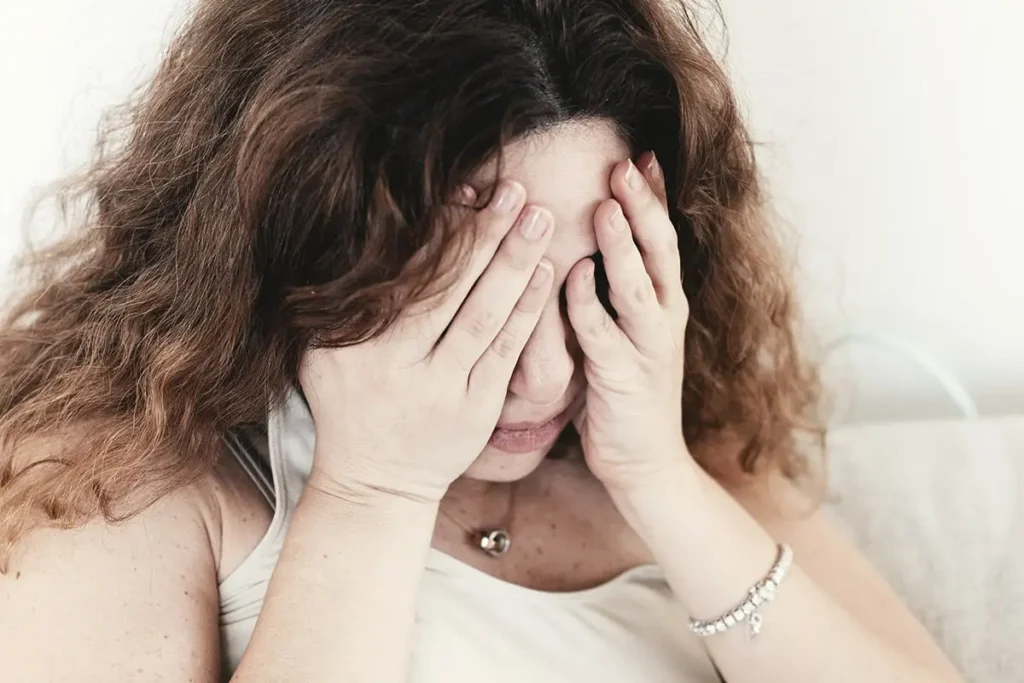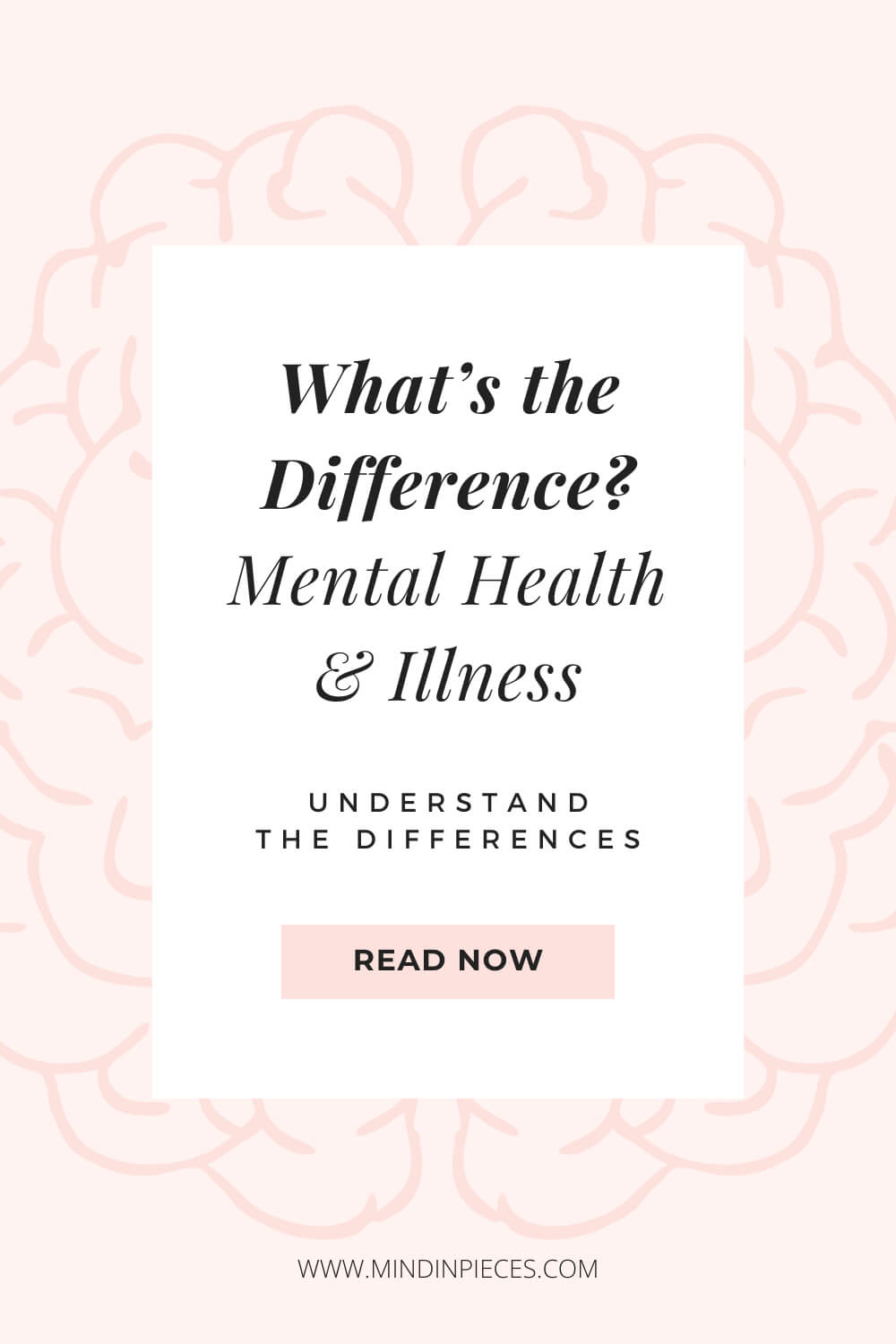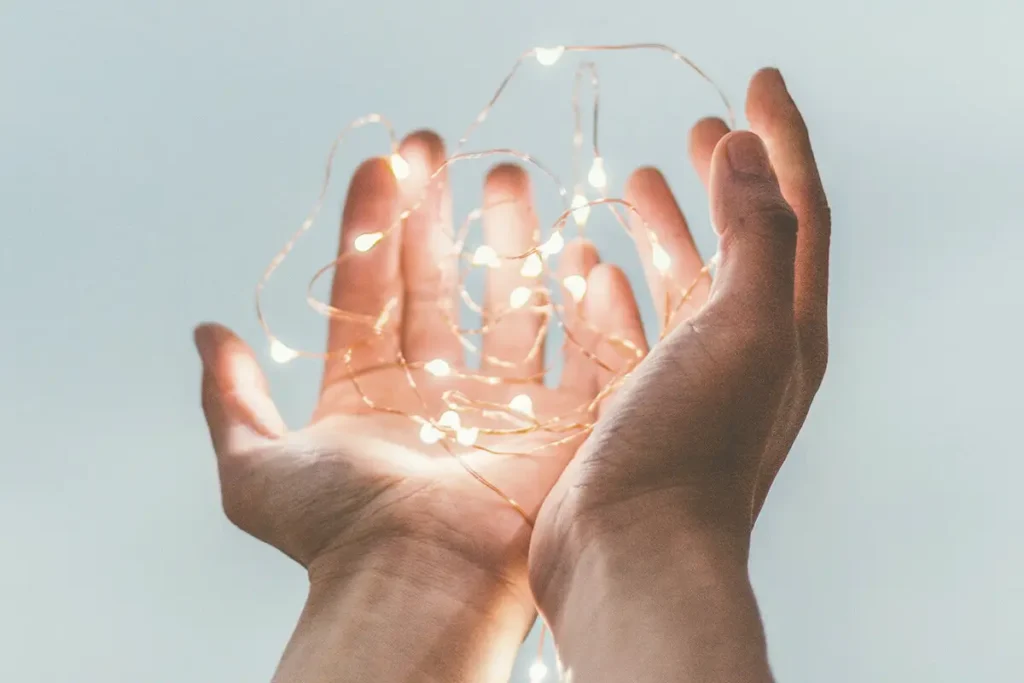Ever felt like your mind’s playing tricks on you? Or maybe you’ve watched a loved one struggle with their mental health or mental illness and, wondering how to help. You’re not alone. ‘Mental health’ and ‘mental illness’ are terms that are increasingly being used interchangeably but they are not the same.
Mental health includes not only our psychological well-being but also our emotional and social well-being. It is always there and can be positive or negative. Mental illness refers to diagnosable conditions – disorders that affect your behavior, mood, and thinking, such as depression, schizophrenia, eating disorders, and anxiety disorders.
Understanding mental health and illness isn’t just important; it’s crucial. So, let’s dive in and explore the differences between the two.
How Is Mental Health Different from Mental Illness?
Mental health and mental illness are like the two sides of the same coin. They’re related, sure, but they’re not identical twins. Let’s break it down.
The term, ‘mental health’ has been defined by the World Health Organization as; “a state of well-being in which the individual realizes his or her own abilities, can cope with the normal stresses of life, can work productively and fruitfully, and is able to make a contribution to his or her community”.
The term, ‘mental illness’ refers to a diagnosable mental health condition that significantly affects a person’s mood, thoughts, behavior, and social interactions.
What Is Mental Health?
Everyone has mental health, just like everyone has physical health; it is always there and it can be either negative or positive.
Think of mental health as your brain’s fitness level. Just like you hit the gym to keep your body in shape, your mental health is all about keeping your mind in tip-top condition. It’s how you handle stress, make decisions, and interact with others. When your mental health is thriving, you’re resilient, productive, and generally feeling pretty good about life.
Good mental health isn’t just the absence of problems. It’s about actively nurturing your psychological well-being.
When you have poor mental health, you may find it to be difficult to manage your feelings, thoughts, emotions, and relationships. You may find that you are unable to cope with and perform your everyday responsibilities and activities. You may also not be able to handle stress, relate well to others, or make good choices.
Poor mental health is common and you can experience it without being mentally ill.
Mental health becomes a mental illness when ongoing signs and symptoms are consistent, cause frequent stress, and affect your ability to function in your everyday life.
What Is Mental Illness?
Now, mental illness is a whole different condition. It’s when your thoughts, emotions, or behaviors start causing serious problems in your day-to-day life. We’re talking about conditions that mess with your ability to function, relate to others, or enjoy life.
Mental illness is a diagnosable mental disorder involving changes in emotion, thinking, or behavior (or a combination of these). They’re associated with distress and/or problems functioning in social, work, or family activities. And trust me, they’re more common than you might think.
Mental illnesses are treatable and there are many people with mental illness who are successfully managing their mental health conditions and can function in their daily lives.
Examples of Mental Illness
Mental illness or mental health disorders refer to a variety of mental health conditions such as:
- Anxiety disorders, including Obsessive-Compulsive Disorder (OCD), Post-Traumatic Stress Disorder (PTSD), and other anxiety disorders.
- Mood disorders, including Depression, Bipolar Disorder, and other mood disorders.
- Eating disorders, including Anorexia Nervosa, Bulimia Nervosa, and other eating disorders.
- Personality disorders, including Borderline Personality Disorder, Histrionic Personality Disorder, Narcissistic Personality Disorder, and other personality disorders.
- Psychotic disorders, including Schizophrenia, Schizoaffective Disorder, and other psychotic disorders.
What Can Trigger Mental Illness?
Mental illness doesn’t discriminate; it can affect anyone, regardless of age, gender, income, social status, race, ethnicity, religion, or any other aspect of cultural identity. But what lights the fuse? Well, it’s usually a complex mix of factors:
- Genetics: Sometimes, it runs in the family.
- Environmental: Your surroundings, life experiences, and how you were raised can play a big role.
- Psychological: Severe or long-term stress, bullying, discrimination, stigma, humiliation, verbal abuse, loneliness, social isolation, etc.
- Trauma: Physical or emotional abuse, neglect, or a significant loss can leave lasting scars.
- Stress: Chronic stress can wear down your mental defenses over time.
- Substance abuse: Drugs and alcohol can mess with your brain’s delicate chemical balance.
Warning Signs and Symptoms of a Mental Health Problem
Spotting the signs of a mental health issue early can make a world of difference. But here’s the tricky part: these signs can look different depending on the person’s age. Let’s break it down:
In Adults and Teens:
- Feeling excessively sad or low
- Confused thinking or problems concentrating
- Extreme mood changes, including uncontrollable “highs” or feelings of euphoria
- Prolonged or strong feelings of irritability or anger
- Avoiding friends and social activities
- Difficulties understanding or relating to others
- Changes in sleeping habits or feeling tired and low energy
- Changes in eating habits such as increased hunger or lack of appetite
- Overuse of substances like alcohol or drugs
- Excessive fears or worries, or extreme feelings of guilt
- Inability to carry out daily activities or handle daily problems and stress
In Older Children and Pre-Teens:
- Changes in school performance
- Excessive worry or anxiety
- Hyperactive behavior
- Frequent nightmares
- Frequent disobedience or aggression
- Temper tantrums
In Younger Children:
- Changes in school performance
- Poor grades despite strong efforts
- Excessive worry or anxiety
- Hyperactive behavior
- Frequent nightmares
- Frequent disobedience or aggression
- Temper tantrums
Remember, everyone’s different. These signs don’t automatically mean someone has a mental illness. But if you’re noticing several of these symptoms, or if they’re interfering with daily life, it might be time to reach out for help. Please contact a mental health care professional or contact a helpline.
How to Get Immediate Help
It is important to know that help is available and you deserve it. Don’t feel ashamed or afraid to seek help if you or someone you know is in need.
Please make use of the following helplines if you require immediate help:
988 Lifeline: You can call this toll-free crisis hotline on 988 or text 988 if you or someone you know is suicidal or in emotional distress. It is confidential, and available 24/7/365. The Lifeline is also available via live online chat. Assistance via ASL Now is available for people who are deaf, hard of hearing or have hearing loss.
911: If you or someone you know is in a potentially life-threatening situation, call 911 for immediate emergency assistance, available 24 hours a day, seven days a week, or go to the nearest emergency room immediately.
Veterans Crisis Line: This crisis hotline is available to all veterans whether they are or not they are registered with the VA or enrolled in VA healthcare. You can call this toll-free lifeline on 988 then press 1 or text 838255. Your call is confidential, and you will be connected to a trained responder who is available 24 hours a day, seven days a week to take your call and assist you. You can also use their live online chat.
Disaster Distress Helpline: You can contact this helpline by calling 1-1-800-985-5990 or text “TalkWithUs” to 66746 if you are experiencing emotional distress that is related to any natural r human-caused disaster. This is a toll-free, confidential, multilingual disaster distress helpline that provides you with immediate crisis counseling. This helpline is available 24 hours a day, seven days a week.
Crisis Text Line: Text “HELLO” to 741741. This hotline is available 24 hours a day, seven days a week. It is a free-to-text hotline that will connect you with a counselor who can provide information and support.
Contact social media outlets directly if you are concerned about a friend’s wellbeing because of their worrying social media updates, or call 911 if it is a case of emergency.
For more helplines and other resources, visit our list of mental health resources.
Remember, seeking help isn’t a sign of weakness; it’s a sign of strength. It takes courage to reach out when you’re struggling.
The Takeaway: You Are Not Alone
Mental health and mental illness are complex topics, but understanding them is key to taking care of ourselves and supporting others. Just like physical health, our mental well-being needs regular care and attention. And when things get tough, remember: you’re not alone, and help is available.
Whether you’re dealing with everyday stress or facing a more serious mental health challenge, there are steps you can take to improve your mental well-being. Practice self-care, stay connected with others, and don’t hesitate to seek professional help when you need it.
Let’s work together to break the stigma surrounding mental health issues. By talking openly about mental health and illness, we can create a more understanding and supportive world for everyone. After all, a healthy mind is just as important as a healthy body, and everyone deserves the chance to thrive, both mentally and physically.
So, how about we start the conversation? Check in with yourself, reach out to a friend, or take that first step towards getting help if you need it. Your mental health matters, and taking care of it is one of the best investments you can make in yourself.
If you or someone you know is struggling with mental health issues, don’t hesitate to seek professional help. Remember, you’re not alone, and there’s always hope for a brighter tomorrow.
What do you wish people understood better about mental health?
References
- Mental Illness – Mayo Clinic
- Mental Health – World Health Organization
- Mental Health Lines – HelpGuide
Save This Post for Later
Pin this blog post by saving the image below to Pinterest so you can revisit it whenever you want!








